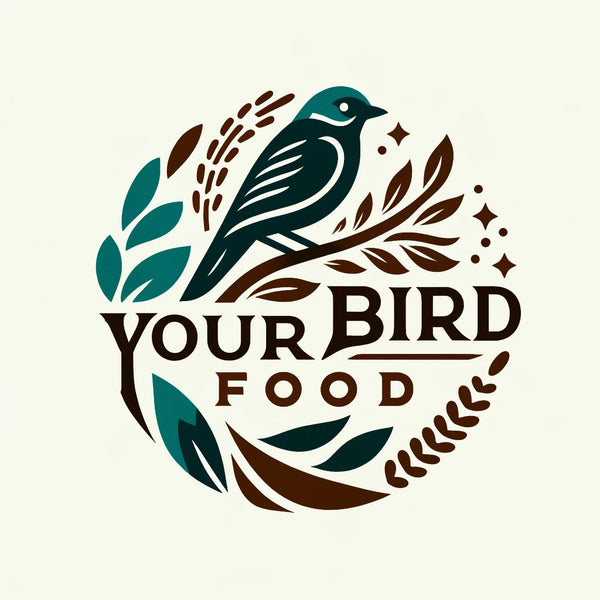Attracting Wild Birds to Your Garden
There's something undeniably magical about the presence of birds in a garden. Their melodious songs at dawn, the flit of wings among the leaves, and the roles they play in pest control and pollination enrich our environment and our souls. Yet, the delicate chirp of our feathered friends is becoming an increasingly rare treasure in many parts of the UK, as numbers of some species decline. However, gardeners across the country hold a powerful tool in their hands: the ability to transform their patches of the earth into sanctuaries for these beautiful creatures.
Understanding Your Avian Visitors
The UK is home to a vibrant variety of garden birds, including the cheerful robin, the acrobatic blue tit, the melodious blackbird, and the sociable sparrow. Each species has its own preferences for food, shelter, and nesting sites, influenced by the seasons. Some are year-round residents of our gardens, while others are seasonal visitors, gracing us with their presence only part of the year. Understanding these preferences is the first step in making your garden a welcoming place for them.
Creating a Bird-Friendly Habitat
Native Plants
The foundation of a bird-friendly garden is its vegetation. Native plants, shrubs, trees, and flowers not only offer natural food sources but also provide essential shelter and materials for nest building. Opt for a variety of species to support a wide range of birds throughout the year.
Water Features
A simple birdbath or a small pond can be a focal point for bird activity in your garden. Water attracts birds for drinking and bathing, offering you a chance to observe them up close.
Shelter and Nesting Sites
Leaving a corner of your garden wild can create a safe haven for birds, offering them shelter from predators and the elements. Installing bird boxes can also encourage species like tits and sparrows to nest in your garden.
Feeding Your Feathered Guests
Feeders and Food Types
A selection of feeders can attract a diverse array of bird species. Offer a variety of foods, such as seeds, suet, and grains, to cater to different dietary needs. Remember, the right food can make all the difference in which birds you attract.
Safe Feeding Practices
Position feeders in places that are safe from predators and where clean-up is easy to discourage rodents. Regular cleaning is essential to prevent the spread of diseases.
Avoiding Common Mistakes
Contrary to popular belief, rice does not harm birds, but it's best to avoid offering bread as it provides little nutritional value and can attract unwanted pests.
Making Your Garden a Safe Haven
Predator Management
Cats and other predators pose significant risks to garden birds. Strategic feeder placement and the use of protective collars on pets can mitigate these dangers.
Disease Prevention
Maintaining cleanliness around feeders and water sources is crucial in preventing the spread of diseases among the bird population.
Beyond the Garden: Supporting UK Bird Conservation
Engaging in conservation efforts and participating in citizen science projects, such as the RSPB's Big Garden Birdwatch, can make a significant difference in the lives of our feathered friends.
Creating a bird-friendly garden is a journey of discovery and enjoyment, a small but significant step towards conserving the UK's avian population. Start with a feeder or a birdbath and let your garden become a haven for birds.
Have you had success in attracting birds to your garden? Share your experiences and tips and join a community dedicated to the conservation and enjoyment of the UK's birdlife. Let's make our gardens a welcoming place for all our feathered friends.
